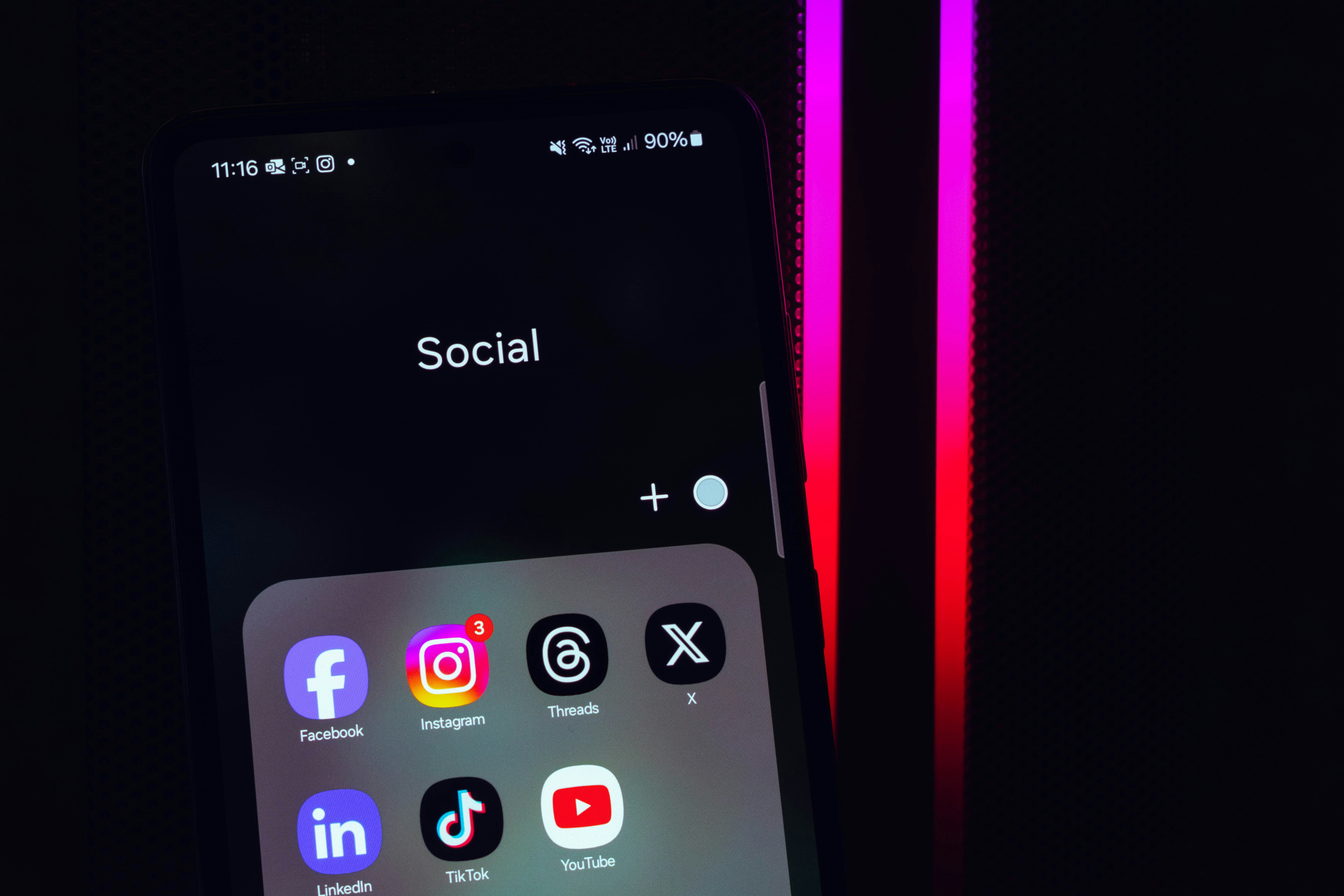The Rise of Influencer Marketing in Japan: A Social Media Revolution
Influencer marketing has taken the world by storm, and Japan is no exception. As one of the most technologically advanced countries in the world, Japan has embraced social media and digital marketing with open arms. This shift has led to a significant rise in influencer marketing, transforming the way brands connect with their target audiences in the Land of the Rising Sun.

In recent years, micro-influencers and nano-influencers have gained traction in Japan. These individuals may have smaller followings, but they often boast higher engagement rates and more niche audiences. This shift has allowed brands to target specific demographics more effectively, leading to more personalized and impactful marketing campaigns.
What makes influencer marketing unique in Japan?
Influencer marketing in Japan has its own unique characteristics that set it apart from other markets. One notable aspect is the emphasis on aesthetics and visual appeal. Japanese influencers often create highly curated and visually stunning content, reflecting the country’s deep appreciation for beauty and design.
Another distinctive feature is the importance of trust and authenticity. Japanese consumers are known for their loyalty to brands they trust, and this extends to influencers as well. Successful influencers in Japan build strong relationships with their followers, often sharing personal stories and behind-the-scenes content to foster a sense of intimacy and connection.
Which social media platforms are most popular for influencer marketing in Japan?
While global platforms like Instagram and YouTube are widely used in Japan, local social media networks also play a significant role in influencer marketing. LINE, a messaging app that’s incredibly popular in Japan, has become a powerful tool for brands to connect with consumers through influencer partnerships.
Twitter is another platform that holds immense sway in Japan, with many influencers using it to share quick updates and engage in real-time conversations with their followers. Additionally, TikTok has seen explosive growth in recent years, particularly among younger demographics, offering brands new and creative ways to reach their target audience.
How are Japanese brands leveraging influencer marketing?
Japanese brands have been quick to recognize the potential of influencer marketing and are leveraging it in innovative ways. Many companies are moving beyond simple product placements and sponsored posts, opting for more immersive and collaborative campaigns.
For example, some brands are co-creating products with influencers, tapping into their creativity and intimate knowledge of their audience’s preferences. Others are organizing influencer-led events or experiences, allowing fans to interact with their favorite content creators in person while engaging with the brand.
What challenges does influencer marketing face in Japan?
Despite its growing popularity, influencer marketing in Japan faces several challenges. One of the main issues is the need for transparency and disclosure. As the industry matures, there’s an increasing demand for clear guidelines on how influencers should disclose their partnerships with brands.
Another challenge is the measurement of ROI (Return on Investment). While engagement metrics are important, brands are increasingly looking for ways to track the direct impact of influencer campaigns on sales and brand awareness. This has led to the development of more sophisticated tracking tools and analytics platforms tailored to the Japanese market.
How is influencer marketing shaping branding strategies in Japan?
Influencer marketing has had a profound impact on branding strategies in Japan. Brands are now recognizing the power of authentic, user-generated content in building trust and loyalty among consumers. This has led to a shift away from traditional advertising methods towards more collaborative and community-driven approaches.
Many Japanese companies are now incorporating influencer partnerships into their long-term brand-building efforts, rather than viewing them as one-off campaigns. This approach allows brands to cultivate lasting relationships with influencers and their audiences, resulting in more organic and sustainable growth.
In conclusion, influencer marketing in Japan has evolved into a sophisticated and integral part of the digital marketing landscape. As brands continue to innovate and adapt to changing consumer behaviors, influencer partnerships are likely to play an increasingly important role in shaping the future of marketing and branding in Japan. With its unique blend of technology, culture, and creativity, Japan’s influencer marketing scene offers valuable insights for marketers worldwide.






